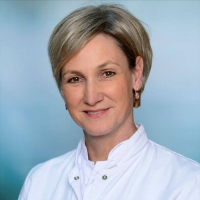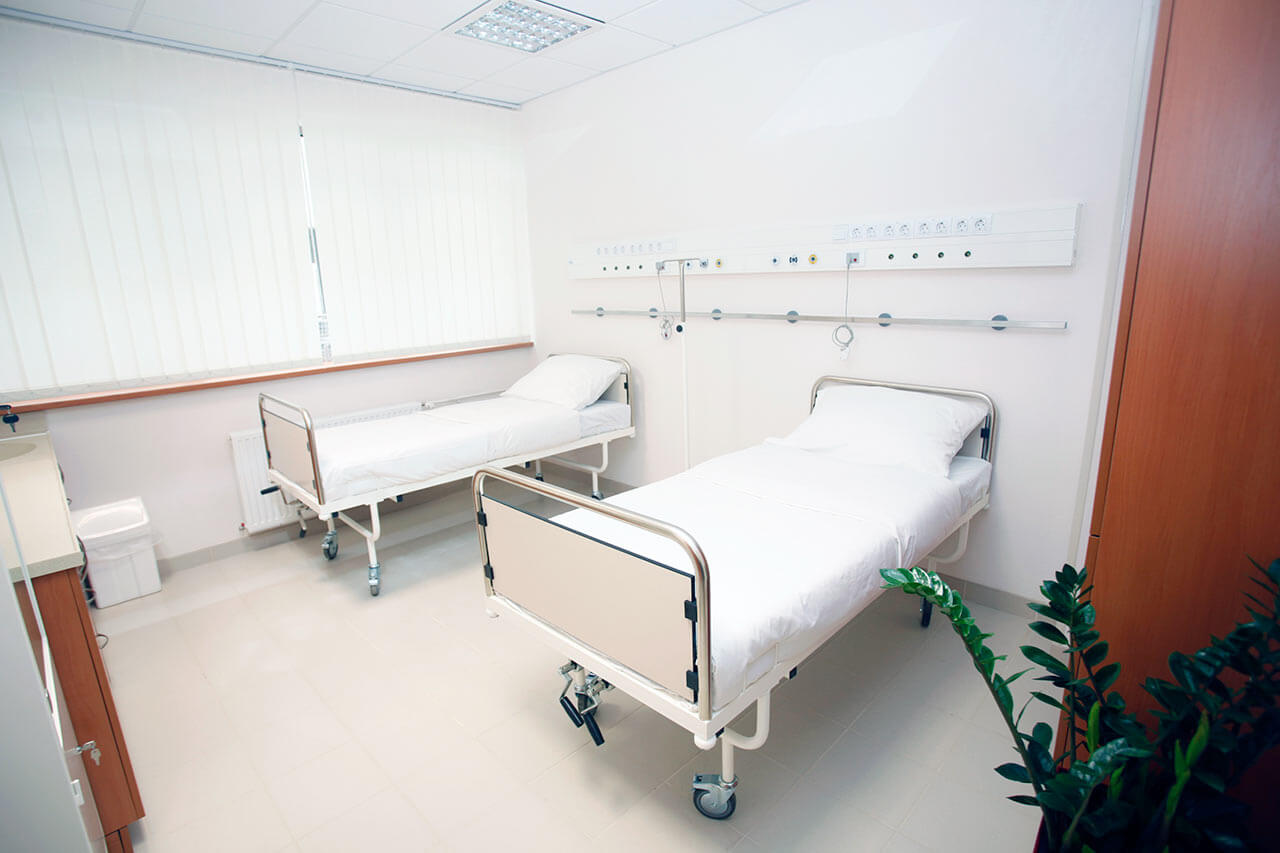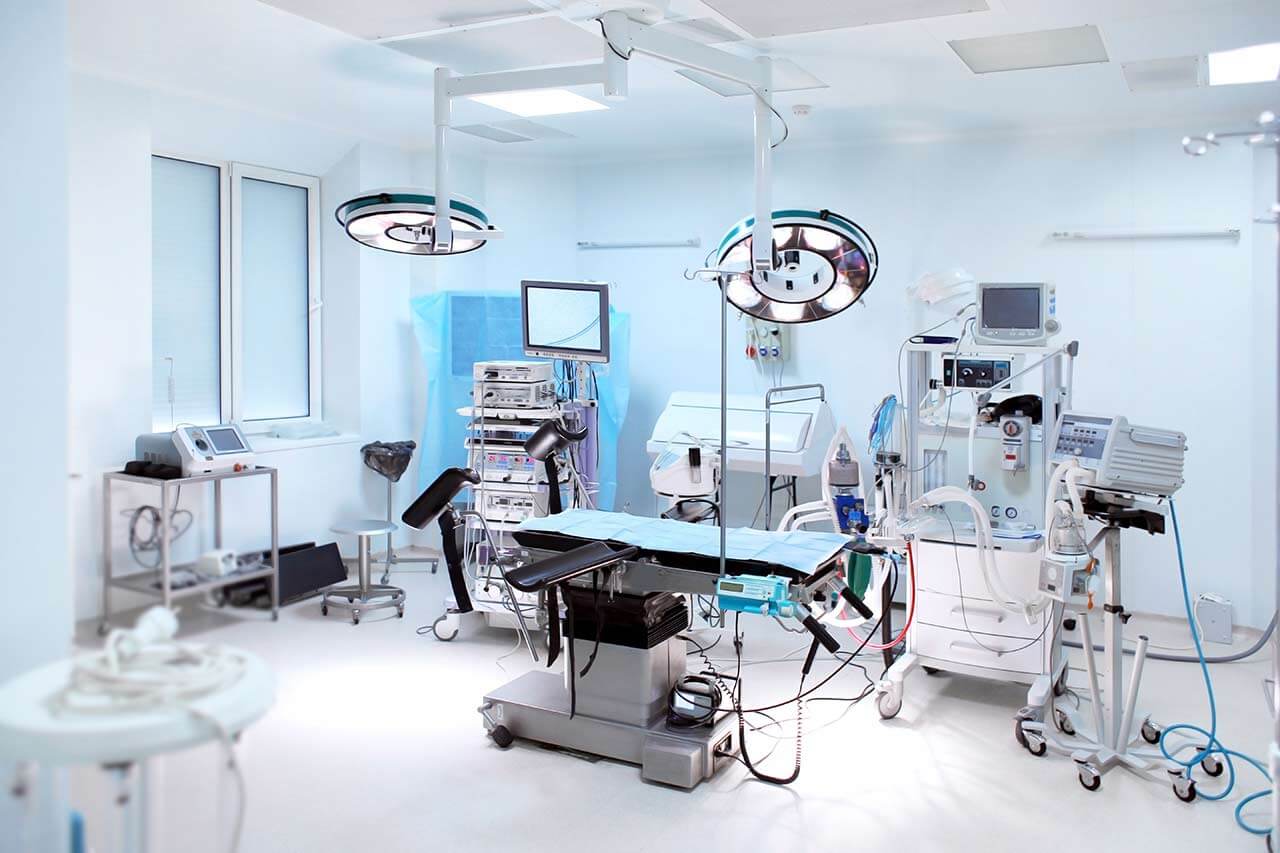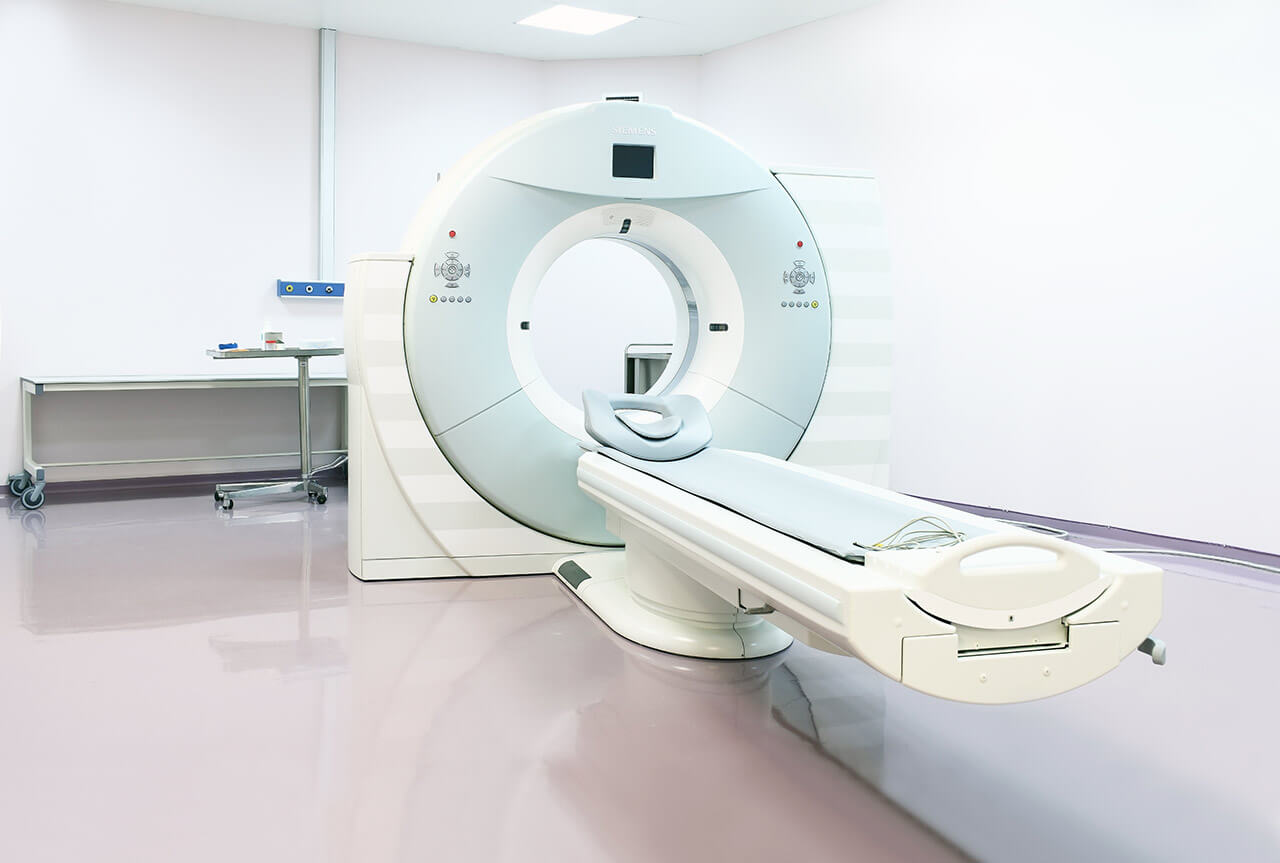
About the Department of Mammology at Asklepios Hospital Barmbek Hamburg
The Department of Mammology at the Asklepios Hospital Barmbek Hamburg provides patients with comprehensive diagnostics and conservative and surgical treatment of breast diseases. The department admits patients with benign and malignant breast pathologies, but due to the high frequency of breast cancer, special attention is paid to providing medical care to women with this diagnosis. The medical facility was awarded the prestigious quality certificates of the German Cancer Society (DKG) and the German Society for Senology (DGS), which testify to compliance with the strict requirements in modern mammology and high treatment success rates. The department employs a qualified team consisting of breast specialists, oncologists, radiologists, radiation therapists, plastic surgeons, psycho-oncologists, and specially trained nursing staff. Their task is to provide each patient with effective and minimally invasive treatment, if possible. The aesthetic aspect also plays an important role in the planning of breast cancer surgery. The doctors always show a humane attitude and understanding of the patient's life situation and strive to morally support the woman throughout the therapeutic process. The exceptional professionalism of doctors combined with advanced technologies allows them to take on the most complicated clinical cases and achieve good results. The Head Physician of the department is Dr. med. Ursula Scholz.
Breast cancer is currently one of the most common oncological diseases among women. The department's specialists are convinced that the key to successful treatment of this pathology is a timely and accurate diagnosis. The department's doctors have state-of-the-art diagnostic equipment, such as devices for ultrasound scanning, mammography, magnetic resonance imaging, etc. The department's breast specialists also perform a biopsy (tissue sampling) to make an accurate diagnosis and determine the nature of suspicious changes in the breast. For maximum comfort and safety for the patients, these diagnostic procedures are carried out under local anesthesia and under ultrasound or mammography guidance.
If the results of comprehensive diagnostics in a woman confirm cancer, doctors immediately begin to elaborate a customized treatment regimen. As a rule, the first-line treatment is a surgical intervention to remove the tumor. In advanced stages, radical surgery to remove the breast may be required, but the number of such operations in the department is negligible. Nevertheless, even if the breast is preserved, part of the tissue is removed during surgery, which affects the appearance. The department's doctors perform modern plastic surgery to eliminate aesthetic defects. When total breast removal surgery is unavoidable, the patient is offered breast plastic surgery with implants or autologous tissues.
After breast-conserving surgery, radiation therapy is prescribed in most cases, which helps the doctors reduce the risk of recurrence. In addition, if the malignant process affects axillary lymph nodes, radiation therapy is carried out after complete breast removal surgery. The department also conducts drug therapy for breast cancer. Depending on the tumor's characteristics, the department's specialists may prescribe chemotherapy, antihormone therapy, antibody therapy, or a combination of these treatments. As a rule, drug therapy and irradiation are carried out on an outpatient basis without a mandatory hospitalization.
It is known that in many cases, the cause of cancer is heredity. Due to the inheritance of the BRCA1/2 gene (the so-called breast cancer gene), the risk of developing breast cancer (even in men) during life increases. Therefore, the department's range of services includes the prevention of this type of cancer through regular check-ups or breast removal (mastectomy).
The department's scope of tasks also includes the treatment of benign breast pathologies. Fibroadenomas, mastopathy, cysts, lipomas, and many other diseases are diagnosed and treated here. Patients with benign neoplasms usually require only regular check-ups to control the growth of the neoplasm. However, if there are indications for the removal of a benign tumor, then a minimally traumatic intervention will be performed. A fine-needle aspiration biopsy is widely used for the removal of small cysts and fibroadenomas. The procedure is absolutely safe, and anesthesia is not required.
The department's range of medical services includes:
- Diagnostics
- Ultrasound scans
- Mammography
- Magnetic resonance imaging
- Biopsy under ultrasound or mammography guidance
- Laboratory tests
- Treatment
- Surgical treatment
- Surgical resection of benign and malignant breast tumors
- Partial and total mastectomy (breast removal surgery)
- Reconstructive breast surgery with silicone implants or autologous tissue
- Conservative treatment
- Radiation therapy
- Chemotherapy
- Antibody therapy
- Antihormone therapy
- Surgical treatment
- Other diagnostic and treatment methods
Curriculum vitae
Since July 1, 2016, Dr. med. Ursula Scholz has been the Head Physician of the Department of Mammology at the Asklepios Hospital Barmbek Hamburg, prior to which she was also a Senior Physician. The specialist graduated from the Georg August University of Goettingen. Dr. Scholz completed her training for board certification at the Hannover Medical School. Her main focuses at that time were gynecologic oncology and mammology. On January 1, 2010, Dr. med. Ursula Scholz became the first woman to head the Department of Mammology and Gynecology at the University Hospital Hamburg-Eppendorf. In 2013, she held the position of Managing Senior Physician in the Breast Center at the Jerusalem Hospital in Hamburg.
Photo of the doctor: (c) Asklepios Klinik Barmbek





